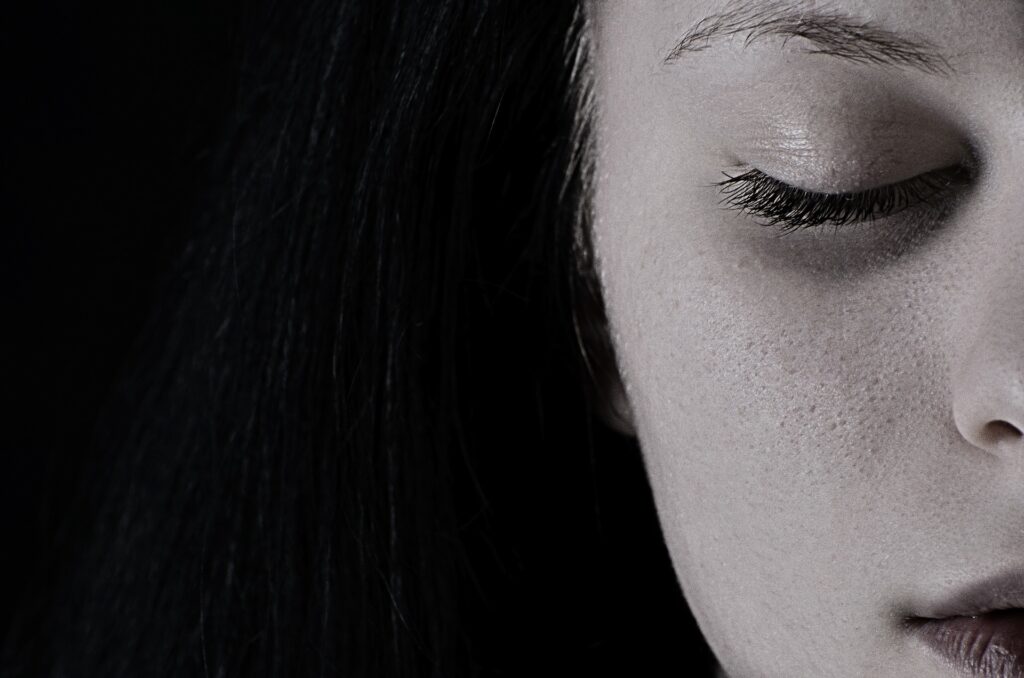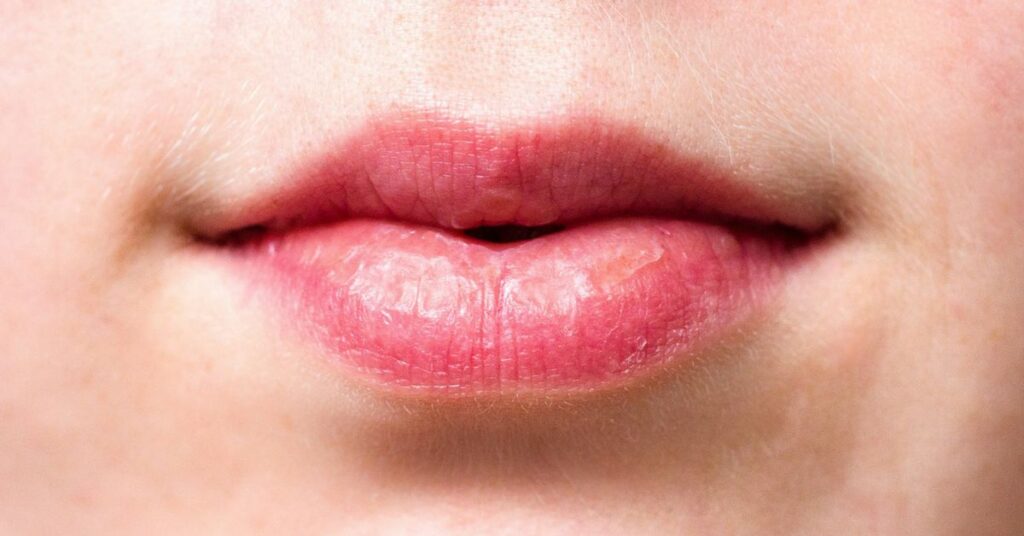Sjögren’s Disease is pronounced “sho-grins”. It is an immune system disorder characterized by dry eyes and dry mouth. The condition often accompanies other immune system disorders, such as rheumatoid arthritis and lupus. In Sjogren’s Disease, the mucous membranes and moisture-secreting glands of your eyes and mouth are usually affected first — resulting in decreased tears and saliva.
Did you know there are more than 200,000 US cases per year? In order to be sure of having Sjögren’s Disease, lab tests or imaging is often required. Sjögren’s is chronic and can last for years or possibly a lifetime. Our body is made up of cells. With this disease, the body’s immune system attacks its own healthy cells that produce saliva and tears. When the salivary glands are affected, difficulty with swallowing can occur.


Causes
Sjögren’s is an autoimmune disorder. Your immune system mistakenly attacks your body’s own cells and tissues.
Scientists aren’t certain why some people develop Sjögren’s Disease. Certain genes put people at higher risk of the disorder, but it appears that a triggering mechanism — such as infection with a particular virus or strain of bacteria — is also necessary.
In Sjögren’s Disease, your immune system first targets the glands that make tears and saliva. It can also damage other parts of your body, such as:
- Joint
- Thyroid
- Kidney
- Liver
- Lungs
- Skin
- Nerves
- Lymph Nodes
Risk factors
Sjogren’s typically occurs in people with one or more known risk factors, including:
- Age. Sjögren’s disease is usually diagnosed in people older than 40.
- Sex. Women are much more likely to have Sjögren’s syndrome.
- Rheumatic disease. It’s common for people who have Sjögren’s also to have a rheumatic disease — such as rheumatoid arthritis or lupus.
Complications
- Dental cavities. Because saliva helps protect the teeth from the bacteria that cause cavities, you’re more prone to developing cavities if your mouth is dry
- Yeast infections. People with Sjogren’s are more likely to develop oral thrush, a yeast infection in the mouth.
- Vision problems. Dry eyes can lead to light sensitivity, blurred vision, and corneal damage.